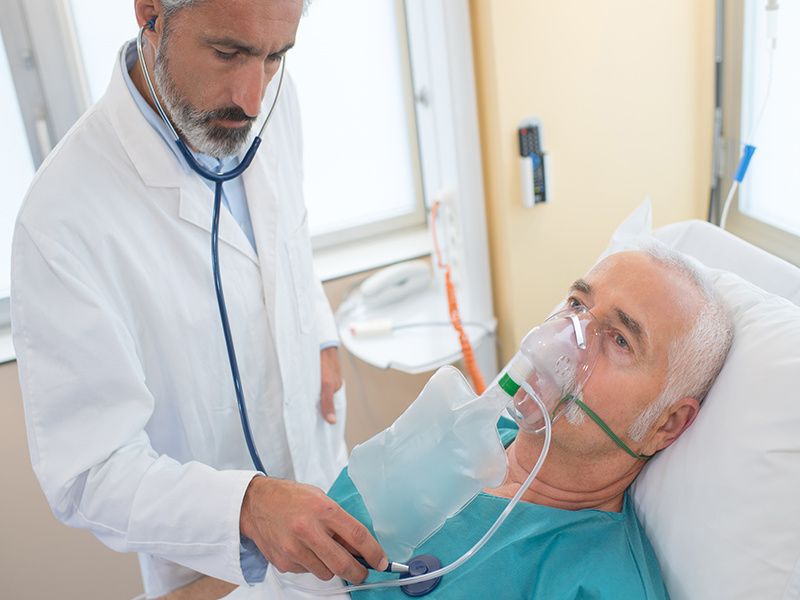6.8 percent of those undergoing noncardiac surgery from January 2013 to December 2017 had preoperative natriuretic peptide screening
MONDAY, Dec. 21, 2020 (HealthDay News) — Perioperative cardiac risk assessment is low among participants undergoing noncardiac surgery, according to a study published online Dec. 9 in the Canadian Journal of Cardiology.
Pishoy Gouda, M.B.B.Ch., from the University of Alberta in Edmonton, Canada, and colleagues conducted a retrospective cohort study of all patients undergoing noncardiac surgery from January 2013 to December 2017 in Alberta to examine the rates of perioperative cardiac risk assessment using preoperative natriuretic peptides and postoperative troponin measurements.
The researchers found that only 6.8 percent of the cohort of 59,506 patients underwent preoperative natriuretic peptide screening. There was a marginal increase in the rates of appropriate preoperative natriuretic peptide testing during the study period, from 5.7 to 8.8 percent. In 19.5 percent of patients, postoperative troponin was measured at least once. An increased risk for six-month mortality was seen for patients with elevated perioperative screening biomarkers, and they had an increased number of hospitalizations for heart failure and acute coronary syndromes.
“Now that we know that testing for heart damage after surgery is low, the medical community needs to be sensitized to this need and find out what we can do to improve it,” a coauthor said in a statement. “Improvement is going to require multispecialty cooperation among surgeons, cardiologists, other specialists, and family physicians.”
Abstract/Full Text (subscription or payment may be required)
Editorial (subscription or payment may be required)
Copyright © 2020 HealthDay. All rights reserved.

